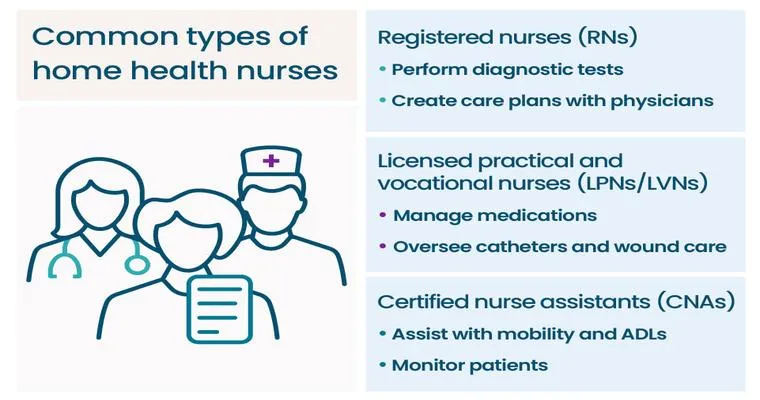At-home "nursing care" is a vital service that allows individuals to receive professional medical assistance in the comfort of their own homes. This type of care is essential for those who are recovering from surgery, managing chronic illnesses, or need assistance with daily activities due to age or disability. Understanding the nuances of at-home nursing care can help families make informed decisions when seeking support for their loved ones.
Understanding At-Home Nursing Care
At-home nursing care encompasses a wide range of services provided by licensed healthcare professionals, including registered nurses (RNs), licensed practical nurses (LPNs), and certified nursing assistants (CNAs). The services can vary significantly based on the patient's needs but generally include:
1. "Medical Monitoring": Nurses can monitor vital signs, manage medications, and provide wound care.
2. "Personal Care Assistance": This includes help with bathing, dressing, grooming, and other daily activities.
3. "Physical Therapy": Some nurses are qualified to provide rehabilitation services to help patients regain mobility and strength.
4. "Companionship": Beyond medical care, having a nurse at home can provide emotional support and companionship, reducing feelings of isolation.
5. "Education": Nurses often educate patients and their families about managing health conditions and promoting wellness.
Benefits of At-Home Nursing Care
There are numerous benefits to opting for at-home nursing care. These include:
"Comfort": Receiving care at home allows patients to feel more relaxed and secure in their familiar environment.
"Personalized Care": At-home nursing services can be tailored to fit the specific needs of the individual, ensuring a more personalized approach.
"Independence": Patients can maintain a sense of independence while still receiving the medical support they require.
"Cost-Effectiveness": In many cases, at-home care can be more affordable than extended hospital stays or nursing home placements.
How to Hire At-Home Nursing Care
Hiring the right at-home nursing care provider is crucial for ensuring quality support for your loved one. Here are some steps to guide you through the hiring process:
1. "Assess Needs": Begin by evaluating the specific needs of the individual requiring care. Consider their medical requirements, personal preferences, and any assistance needed with daily activities.
2. "Research Providers": Look for reputable home health care agencies in your area. Check online reviews, ask for recommendations from healthcare professionals, and ensure the agency is licensed and accredited.
3. "Interview Candidates": Once you have a shortlist of agencies, arrange interviews with potential caregivers. Ask about their qualifications, experience, and approach to care. It's essential to find someone who not only has the necessary skills but also fits well with the patient's personality.
4. "Check References": Request references from previous clients or employers to gain insight into the caregiver's reliability and quality of care.
5. "Discuss Costs": Understand the pricing structure of the services offered. Inquire about insurance coverage, payment plans, and any additional costs that may arise.
6. "Trial Period": Consider starting with a trial period to assess the caregiver's compatibility with your loved one. This can help ensure that both parties feel comfortable before committing to ongoing care.
Conclusion
At-home nursing care plays a significant role in enhancing the quality of life for individuals who need medical assistance. By understanding what at-home nursing care entails and knowing how to hire the right provider, families can make informed choices that best suit their loved ones' needs. With the right support, patients can enjoy greater independence and comfort while receiving the essential care they require.





